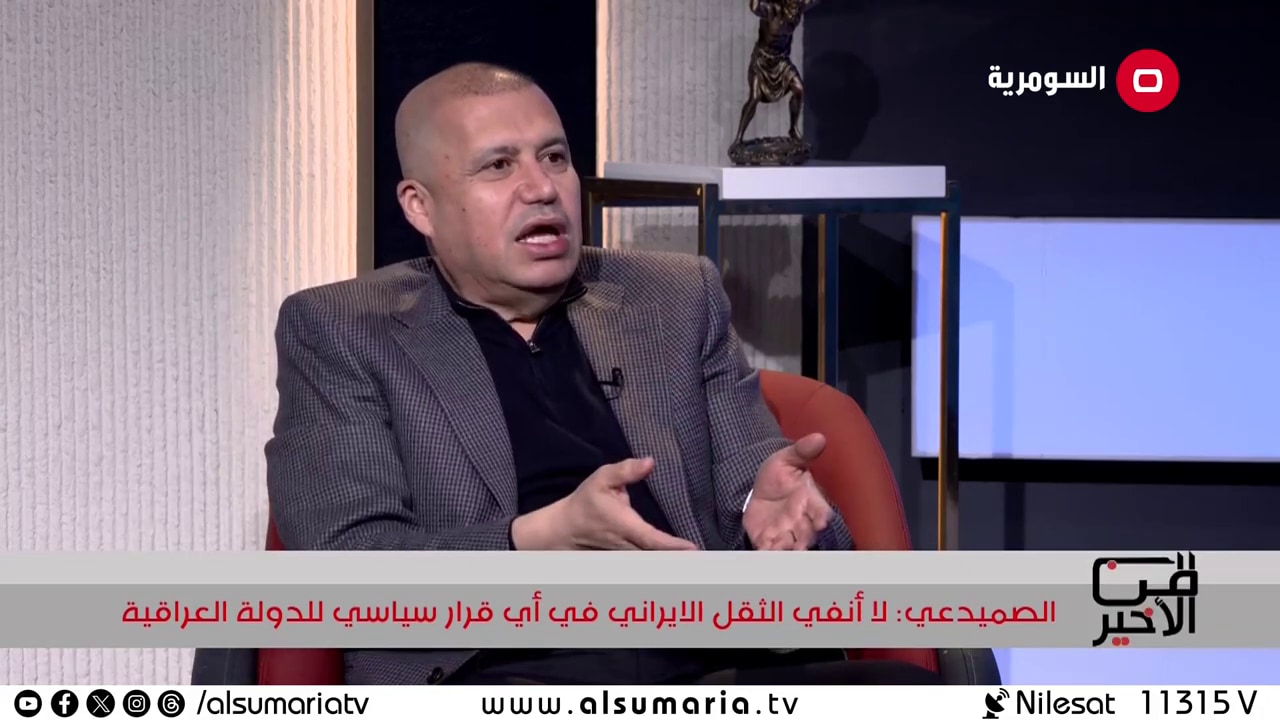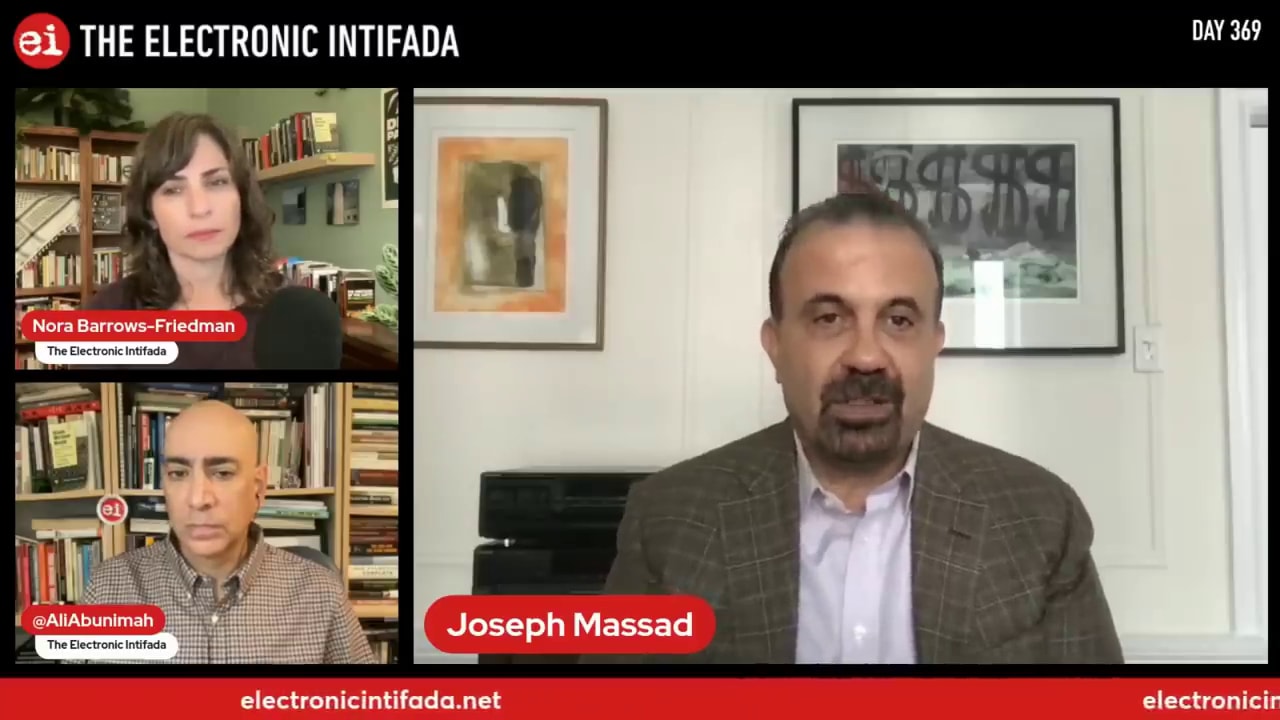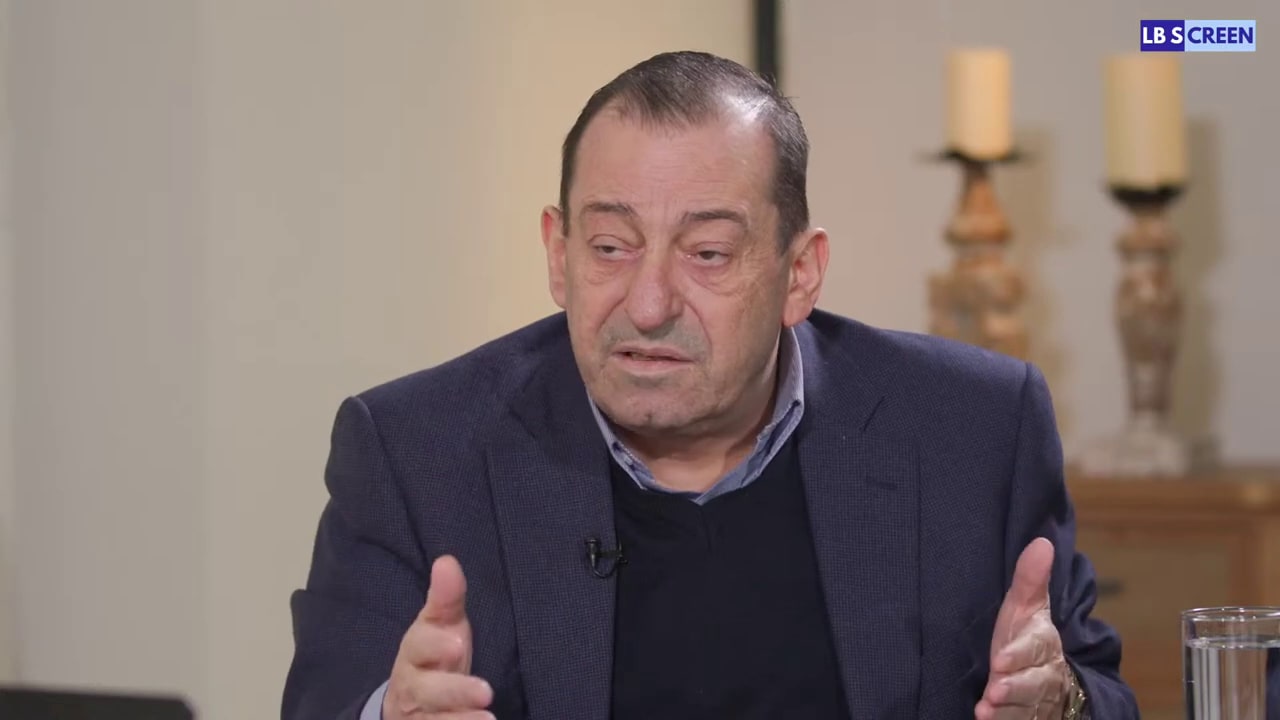
Following are excerpts from a TV debate between two Iranian presidential candidates - President Mahmoud Ahmadinejad and former prime minister Mir Hossein Mousavi. The debate aired on Channel 3, Iranian TV on June 3, 2009,
Iranian President Mahmoud Ahmadinejad: At the very beginning of this government's term, Mr. Hashemi [Rafsanjani] sent a message to one of the kings in the Persian Gulf: "Don't worry. Within six months, this government will fall." Later, people went over there and explained matters, and the problem was resolved to a certain extent. But the message clearly shows the extensive plans against this government.
This is despite the fact that the government, in its short four-year term serving the people, has made glorious accomplishments in domestic and international affairs – accomplishments that are undoubtedly the work of the nation. We see that today, the nation is full of joy, and the nation's capabilities in science, technology, and politics are flourishing.
This is especially true with regard to our foreign policy. Today, the Iranian nation is the most cherished of all nations. But all this is ignored. The worst lies and allegations [have been made] over the past four years, and especially over the past three months. I like Mr. Mousavi, and I've always respected him, but I find what has happened over the past three months unjustifiable.
[...]
Former Iranian prime minister Mir Hossein Mousavi: It is important for me to state at this session my main motive in joining the race. The truth is that I sensed that the future of this country was in danger, given the current administration. Since the debate began with foreign policy, let me go straight to the issue of foreign policy.
[...]
With regard to the release of the British sailors – these sailors invaded our territorial waters, and our forces arrived on the scene and detained them, which made us proud. This action was worthy of support. According to what I've just said, we declared, at first, that they should be executed for invading our territory. Thus we created a major international crisis. But later, we decided to dress them up in suits, and our own president – who, in terms of status and responsibility, represents the entire people, not himself – went to bid them farewell, sending them off on their way, in a ceremony the likes of which are held only for heads of state.
This was the dreadful situation in which we found ourselves with England. Was this an act that maintained the honor of our country? I think not. These things are damaging to the psychological security of our people, as well as to their honor. In addition, they bring about ups and downs in our foreign policy. We cannot resolve our problems with the price we are forced to pay.
Our head of state made a trip to America... Sorry, to Iraq. Without any evidence of where and when, he said that there had been an attempt to kidnap him. This [behavior] makes us pay a price. It was the Americans who supposedly tried to kidnap you – the same Americans who supplied the fuel for our governmental plane in Iraq. Are we supposed to expand our imagination in foreign policy to things that pertain to our national interests? Does this resolve our problems, or does it create new ones, making us pay a steep price?
[...]
We have been told many times: "We believe America is being defeated and is on its way to demise." If that is the case, why did you travel there four times and write them two letters?
[...]
This debate began with foreign policy, and in this very field we have harmed the honor of our people, and we have disgraced our country. This has harmed our domestic development, and has caused much tension with other countries.
[...]
With regard to the Holocaust – we raised this issue, and again, we were harmed by this. The U.N. General Assembly passed a resolution which made it a crime to talk about the Holocaust, and we were also [condemned] by the Security Council. What happened recently in Switzerland – if I hadn't seen it on TV – I wouldn't have believed how much our president could be affronted. Our president represents our people and our country. He should not be pleased about what happened.
[...]
Later, he presented this as a heroic act. What heroism?! In addition to yet another resolution about the Holocaust, Europe, whose relations with Israel had deteriorated due to the Gaza crimes, backed Israel because of these statements. Saying that al these statements had no effect does not solve the problems. Our people suffer the repercussions of this policy. They suffer from the lack of psychological security. They suffer in their economy, in the lack of spare parts for their industry, and in their trade with the world. They suffer from their passports becoming unacceptable around the world. Iranians are humiliated within their own country.
[...]
Mahmoud Ahmadinejad: When the British sailors were detained and the affair escalated, Mr. Blair sent a written letter and apologized. He said: We will change our policies towards Iran. This document is still present at the Foreign Ministry. We mitigated their punishment. In my opinion, the way we treated these sailors was one of the most beautiful acts of the Islamic Republic. For 27-28 years, including the term of Mr. Mousavi, we were presented as anti-human, as anti-human rights, and as violent hostage takers. This was the point when we split the British people from their government.
[...]
I took a stand with regard to the issue of the Holocaust. Both the leader and the people approved this stand.
[...]
Can we get a list of all the people who got fake Ph.D. degrees during the term of Mr. Hashemi [Rafsanjani] and Mr. Mousavi?
[...]
Mr. Mousavi, many executives during your term and that of Mr. Hashemi came empty-handed and became billionaires with their import and export franchises.
[...]
What do the sons of Mr. Hashemi [Rafasanjani] do in this country? What ministers in my government became billionaires during their term? Did any of them take over real-estate assets? I have a list of plots of land that were seized by executives. Let me read it to you. 40 hectares, 50 hectares, 80 hectares, 400 hectares. Who seized these assets? The same people who now support you. How do you cover the huge expenses of your campaign? Mr. Mousavi, I like you, but what kind of fundraising is this? Where is this coming from? Let me give you just one example: Rasht Electric. It was given without any tender to friends of [former mayor of Tehran] Mr. Karbaschi, to his wife, and to the wife of Mr. Ghobbeh. They tore down the factory in order to sell the land. There are dozens of similar cases.
[...]
Lawlessness is prevalent among the sons of some of the people who support you today. How did the son of Mr. Nategh [Nouri]1 become a billionaire? What kind of lifestyle does Mr. Nategh [Nouri] himself lead? These are your supporters.
[...]
I have a file on a certain woman. You know her. She sits next to you in your campaign broadcasts. In violation of all the country's laws, she studied toward two M.A. degrees when she was a [government] employee. One of them was at Azad University. She received her Ph.D. without having sat any entrance exams. Then she became an assistant professor in an unrelated field. She became president of a university without meeting the necessary requirements. This is lawlessness.
[...]
Mir Hossein Mousavi: This gentleman is waving a picture of my wife in front of me, saying that she did this or that. She is the most important intellectual woman in this country. She labored for 10 years to get her Ph.D. in political science. The relevant documentation is available, and she will make it public very soon. Websites affiliated with you have incited against her. She is a Koran researcher, and she is proud of having an M.A. in art as well. She has both an M.A. and a Ph.D. in political science.
[...]
I have been informed – and this is one of the reasons for the government's problems – that instead of solving the people's problems, the executive deputy of the president was busy examining this file or that file, in an effort to fabricate something that would be useful to them tonight, in an attempt to harass someone. I have come to change this mentality. I say to people: I will change this mentality.
1 Ali Akbar Nategh Nouri is a former chairman of the Iranian parliament and is now an advisor to Iran Supreme Leader Ali Khamenei.














